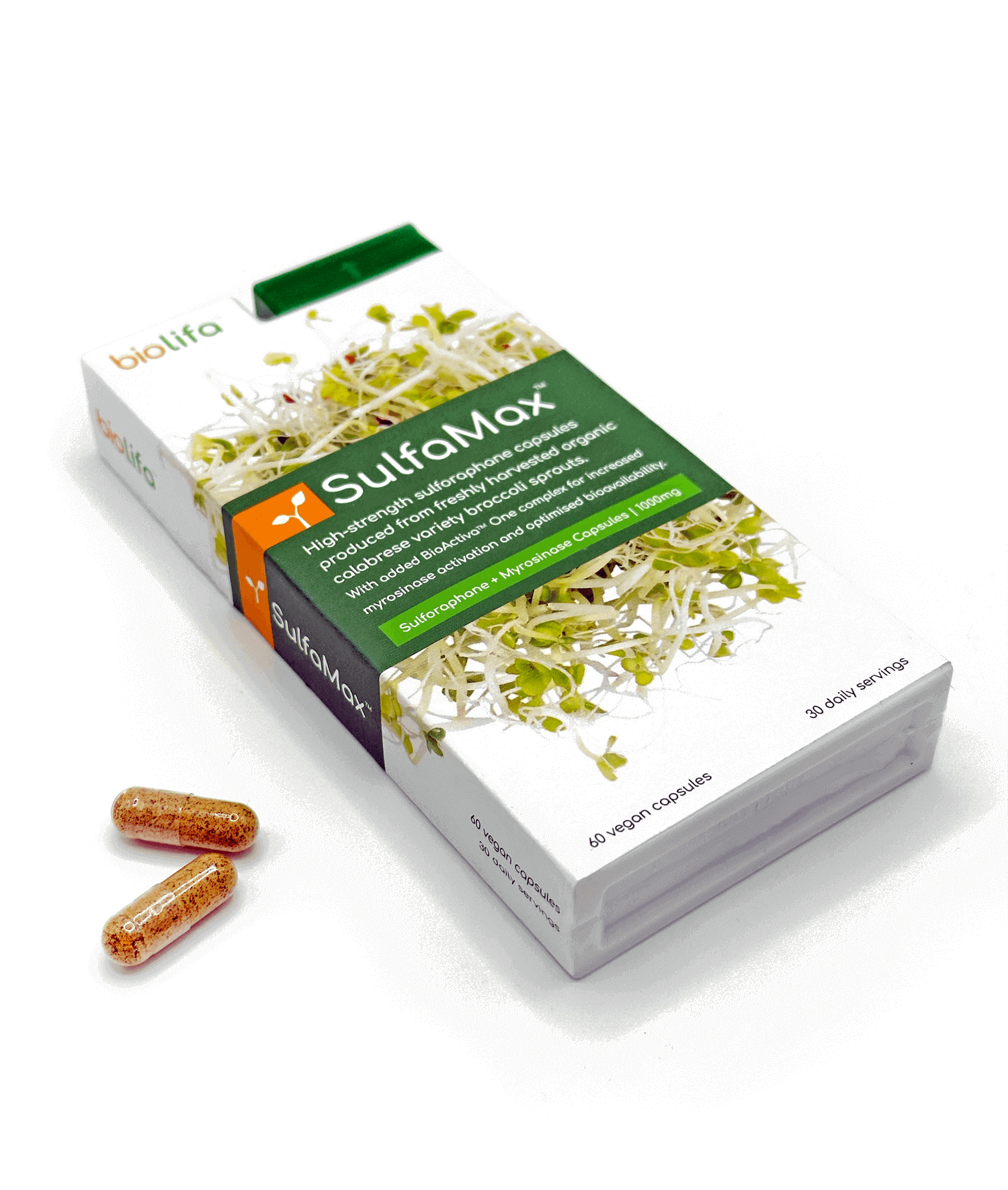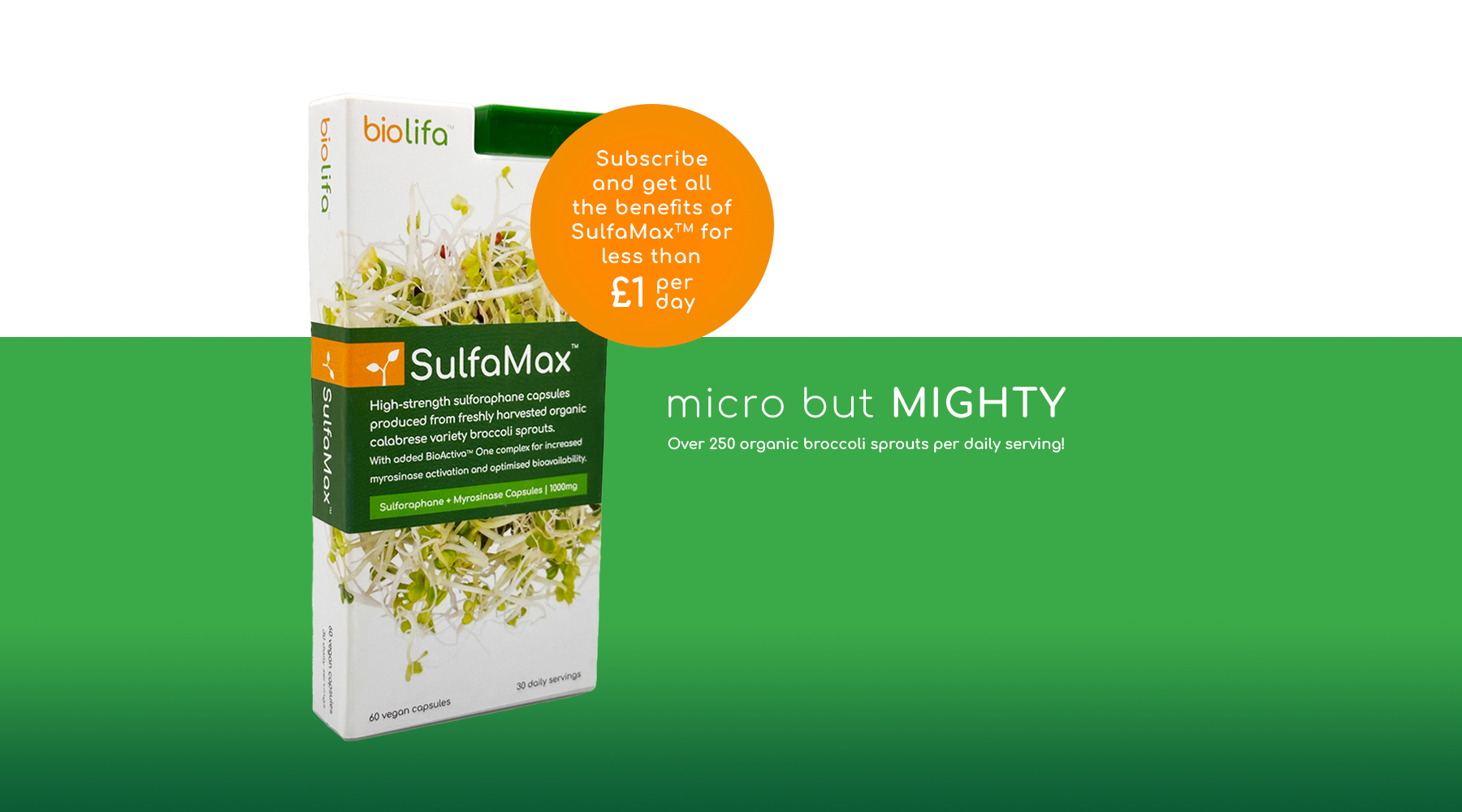While it is well known for its anti-inflammatory and detoxifying properties, recent research suggests that sulforaphane may also be beneficial for brain health.
The brain is one of the most important organs in the body, responsible for controlling all of our bodily functions and enabling us to think, feel, and learn. However, the brain is also vulnerable to damage and disease, particularly as we age. Fortunately, there are several natural compounds, such as sulforaphane, that may help to support brain health and reduce the risk of age-related cognitive decline and neurodegenerative diseases.
One of the ways that sulforaphane may be beneficial for brain health is by reducing inflammation. Chronic inflammation has been linked to a variety of health problems, including neurodegenerative diseases such as Alzheimer’s and Parkinson’s. Inflammation occurs when the body’s immune system is activated in response to an injury or infection. However, when inflammation becomes chronic, it can lead to damage to the brain and other organs.
Sulforaphane has been shown to reduce inflammation in several ways. For example, it can inhibit the production of inflammatory molecules such as cytokines, which are involved in the immune response. In addition, sulforaphane can activate a protein called Nrf2, which is involved in the body’s antioxidant defence system. When activated, Nrf2 can help to reduce inflammation and oxidative stress, both of which can contribute to brain damage and neurodegenerative diseases.
Another way sulforaphane may be beneficial is by promoting the production of brain-derived neurotrophic factor (BDNF), a protein that plays a crucial role in the growth and survival of neurons in the brain. Neurons are the cells that transmit information in the brain, and the loss of neurons is a hallmark of many neurodegenerative diseases. Several studies have suggested that sulforaphane can increase the production of BDNF in the brain.
A study published in the Journal of Alzheimer’s Disease found that sulforaphane can increase the expression of BDNF in the hippocampus, a region of the brain that is important for memory and learning. Another study published in the Journal of Nutritional Biochemistry found that sulforaphane can increase the production of BDNF in the brain of mice.
In addition to reducing inflammation and promoting the production of BDNF, sulforaphane may also be beneficial for brain health by protecting against oxidative stress. This occurs when there is an imbalance between free radicals that can damage cells, and antioxidants, which help to neutralise free radicals.
Sulforaphane is a potent antioxidant that can help to protect against oxidative stress in the brain. A study published in the journal Nutrients found that sulforaphane can increase the activity of several antioxidant enzymes in the brain, including superoxide dismutase (SOD) and catalase. These enzymes help to neutralise free radicals and protect against oxidative damage to brain cells.
While more research is needed to fully understand the effects of sulforaphane on brain health, these findings suggest that sulforaphane may be a promising natural compound for supporting brain health and reducing the risk of neurodegenerative diseases.
So, how can you incorporate sulforaphane into your diet? Eating a diet rich in cruciferous vegetables is always a good idea, as these foods are a natural source of sulforaphane. However, the concentration of sulforaphane in these foods can vary depending on the cooking method and storage conditions.
To ensure that you are getting enough sulforaphane to support brain health, you may want to consider taking a sulforaphane supplement. These supplements are typically made from broccoli sprouts or extracts and can provide a concentrated dose of sulforaphane.
SulfaMax™ is an easy alternative to include sulforaphane into your diet, every single day. However, it's important to consult with a healthcare professional before starting any new supplement regimen.







